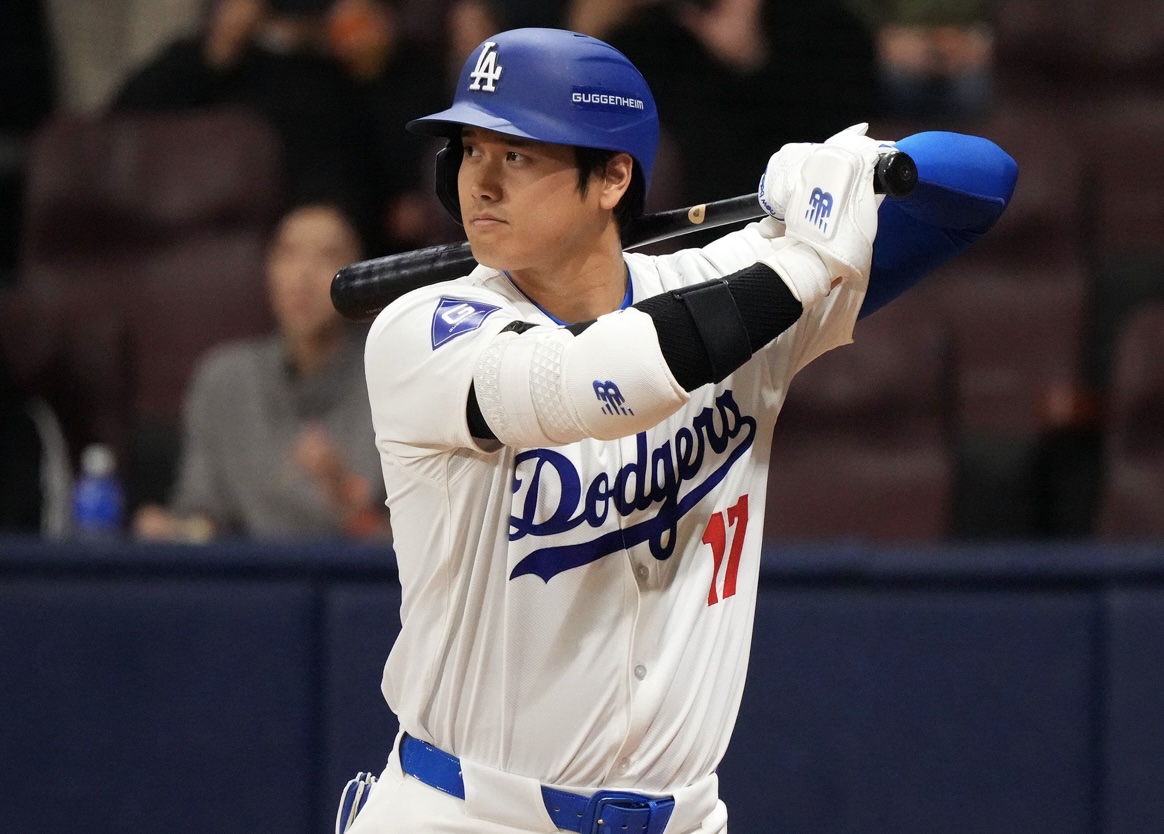Jul 21 (News On Japan) - Japanese stars Shohei Ohtani, Yoshinobu Yamamoto, and Shota Imanaga are redefining Major League Baseball through talent, discipline, and cultural resonance.

Their influence extends beyond performance, transforming how teams train, how fans engage, and how betting markets respond—especially with the spotlight on Dodgers vs. Rockies matchups in August.
As sportsbooks in Colorado adjust their promos around these players, the presence of Japan in MLB is stronger than ever. These three players are at the center of a cultural and strategic shift that is changing the landscape of modern baseball in America.
Shohei Ohtani’s Two-Way Brilliance
Shohei Ohtani has completely transformed expectations of what a single player can contribute to a team. With his ability to perform at elite levels in both hitting and pitching, Ohtani has become a singular force in MLB. His presence on the Dodgers not only elevates their lineup but captures international attention on a scale rarely seen before in baseball.
His unique profile makes every game he plays in a cultural event, turning regular-season matchups into global showcases.
Yoshinobu Yamamoto’s Smooth Transition
Yoshinobu Yamamoto entered MLB carrying high expectations, and he has lived up to every one of them. Known for his composure and consistent execution on the mound, Yamamoto has become one of the Dodgers’ most reliable arms. His presence brings structure to the rotation and a methodical, thoughtful approach that reflects the high standards of Japanese baseball.
As Yamamoto prepares to possibly face the Rockies in the upcoming August series, some Colorado sportsbook promos are considering how his elite ERA might impact totals, especially at the notoriously hitter-friendly Coors Field.
Shota Imanaga’s Surging Popularity
Shota Imanaga has rapidly become a fan favorite in Chicago. With his signature calm demeanor and a deep knowledge of pitch sequencing, he’s added a new layer of intelligence to the Cubs’ rotation.
Imanaga’s approach to pitching is thoughtful and precise, making him a standout in every game he starts. His performances are not just effective but strategic, and that has drawn praise not only from fans but also from opposing coaches and players.
Dodgers vs. Rockies: A Japanese Spotlight
The upcoming August matchups between the Dodgers and Rockies are more than just a divisional battle—they’re becoming showcases of Japanese baseball excellence. Shohei Ohtani’s impact on offense, paired with the possibility of Yoshinobu Yamamoto on the mound, makes this series one of the most anticipated events of the summer.
Fans are already speculating about how these stars will perform at Coors Field, and sportsbooks are responding with special betting offers and market adjustments tied directly to their influence.
Training Culture Redefined by Japanese Influence
The influence of Ohtani, Yamamoto, and Imanaga has extended into locker rooms and practice fields. Their dedication to preparation, recovery, and routine is being embraced by American teammates and staff.
From stretching protocols to video analysis, their habits have begun reshaping how teams across MLB think about readiness and consistency. Their professionalism is not just respected—it’s becoming a model for how to approach the game at the highest level.
Global Broadcast Attention and Merch Sales
Interest in MLB has soared in Japan thanks to the visibility of these three stars. Broadcasts of Dodgers and Cubs games are drawing increased attention, and team merchandise sales have spiked internationally. Ohtani Dodgers jerseys are a global commodity, while Yamamoto and Imanaga gear have created new fan bases in Asia. The reach of MLB has expanded drastically, with Japan playing a key role in shaping baseball’s future audience.
Contracts That Reshape the Market
The financial investments made in Shohei Ohtani, Yoshinobu Yamamoto, and Shota Imanaga have set a new precedent for how MLB teams value international stars. These signings reflect the trust franchises now place in Japanese talent—not as experimental additions but as foundational pieces.
Their contracts are reshaping front office thinking, encouraging teams to expand their scouting and recruiting processes well beyond the continental U.S.
Inspirational Icons for the Next Generation
For young athletes in Japan and across the globe, Ohtani, Yamamoto, and Imanaga are more than just MLB players—they’re icons. Their journeys resonate with kids who now dream of stepping onto a major league field.
Each player brings a different personality to the game: Ohtani’s charisma, Yamamoto’s focus, Imanaga’s wit. Together, they provide multiple blueprints for success, encouraging diversity in play style and personality in future baseball stars.
Shifting the Strategic Thinking of MLB Teams
The success of these three Japanese players is influencing how MLB teams train and develop talent. Teams are rethinking their approach to pitch mechanics, training schedules, and even mental coaching. Yamamoto’s analytical mindset, Imanaga’s game tempo control, and Ohtani’s holistic training philosophy are now part of internal conversations across front offices, player development programs, and coaching meetings.
Japanese Identity Strengthens MLB’s Cultural Core
The arrival and success of Ohtani, Yamamoto, and Imanaga have enhanced the cultural fabric of Major League Baseball. Teams are investing in bilingual media teams, Japanese cuisine in clubhouses, and off-field community outreach tailored to Japanese-American fans.
Players are also bringing Japanese baseball values—such as humility, respect, and discipline—into the spotlight, reinforcing a broader cultural shift within the league that celebrates international heritage rather than marginalizing it.
Japan’s MLB Influence Will Only Grow
With the success of Shohei Ohtani, Yoshinobu Yamamoto, and Shota Imanaga setting the tone, MLB is poised to see even more talent arrive from Japan. Teams are strengthening ties with NPB organizations and increasing their presence in Japanese amateur leagues. What once seemed like isolated standouts has evolved into a growing wave.
These three pioneers have opened the door for a generation of players who now know that the path to MLB greatness can start in Japan—and end in redefining what baseball means in America.















